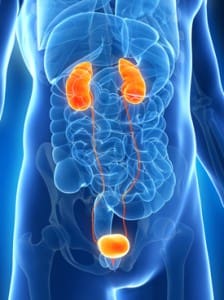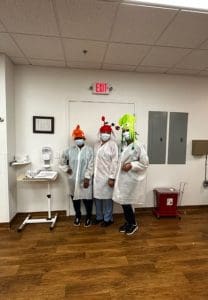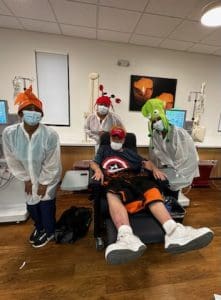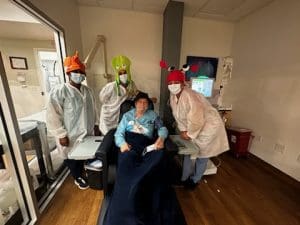What Your Kidneys Do
Your kidneys are two bean-shaped organs; each the size of your fist. They are located in the middle of your back and just below your rib cage. The work the kidneys do is referred to as kidney function or renal function. Although the kidneys are small, they serve many critical purposes:
- Making urine
- Removing wastes and extra fluid from your blood
- Controlling your body’s chemical balance
- Controlling your blood pressure
- Keeping your bones healthy
- Helping you make red blood cells.
When your kidneys fail and aren’t able to do their job, fluid and waste products build up in your blood. You may also become anemic (low hemoglobin) and your bones may become brittle and break. You may feel tired, weak and sick.
What Causes Kidney Failure?
Most kidney diseases attack the nephron which is the filtering and excretory unit of the kidney. Damage to the nephron can happen quickly as a result of injury or poisoning, but most kidney diseases damage the nephrons slowly and silently. The two most common causes of kidney disease are related to poorly controlled diabetes and high blood pressure.
- Diabetes keeps the body from using glucose, a form of sugar, as properly intended. If glucose stays in the blood instead of breaking down, it can act like a poison. High glucose levels force the kidneys to filter excessive amounts of blood, which damages the kidneys and causes them to leak and eventually lose their ability to filter waste products.
- High Blood Pressure is known as the silent killer because it can damage the small blood vessels in the kidneys without you knowing it. When the vessels in the kidneys are damaged, they stop removing waste and extra fluid from the body.
- Other causes of kidney disease include heart disease, autoimmune diseases such as Lupus, genetic diseases such as polycystic kidney disease (PKD), infection related diseases, overuse of certain medications, and injury.







